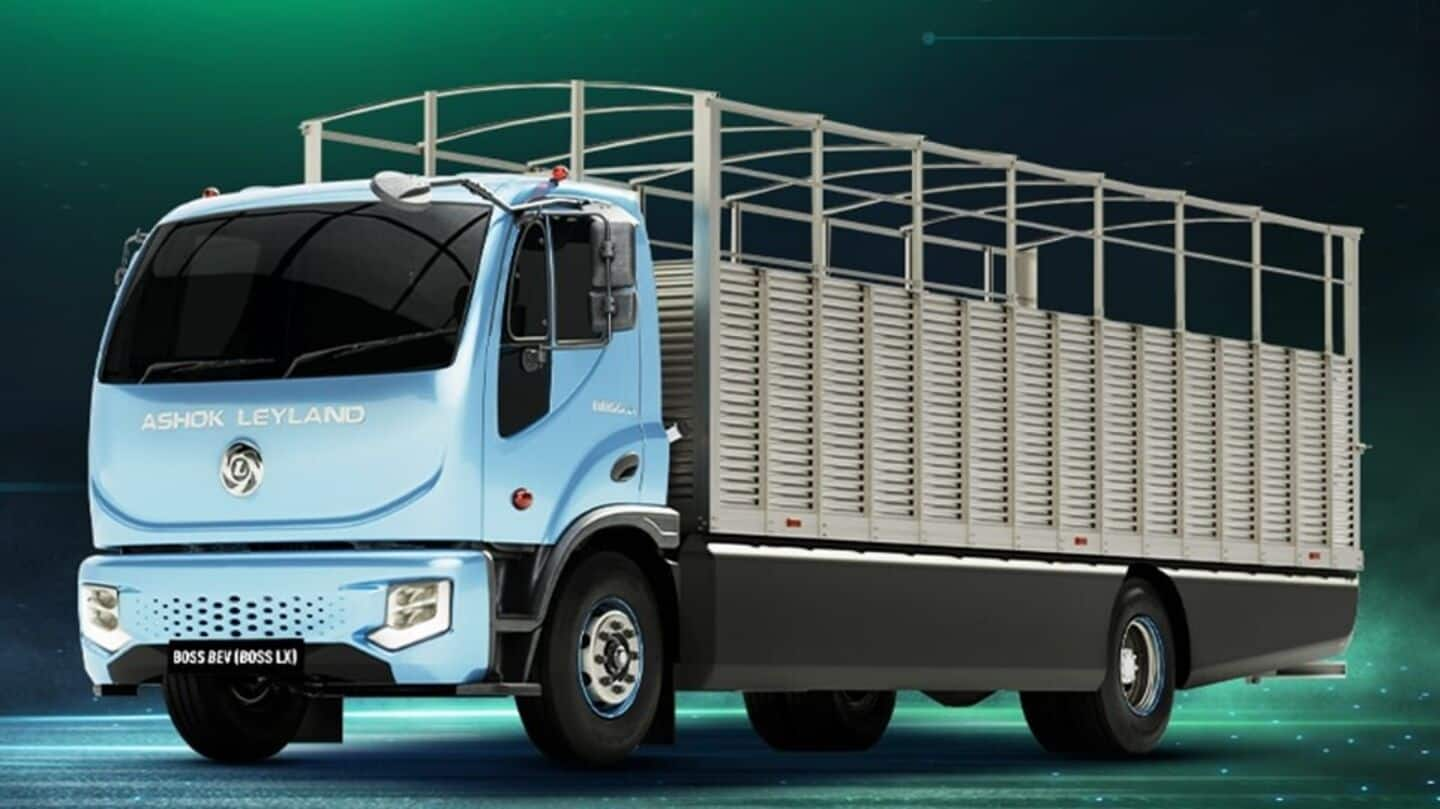**Why India’s Electric Truck Makers Are Struggling to Go Local**
*By Dwaipayan Roy | Oct 12, 2025, 05:21 PM*
—
India’s electric truck industry is facing significant challenges in meeting the government’s localization demands. Despite efforts by leading manufacturers like Tata Motors and Ashok Leyland to produce local components and promote green logistics, they have struggled to pass the required localization tests. This slowdown is further compounded by the low market demand for electric trucks.
### Government Localization Push
The Indian government has been actively pushing e-truck manufacturers to comply with an ambitious localization plan. Recent consultations between the Union Heavy Industries Ministry and key industry players—including Tata Motors, Ashok Leyland, Volvo Eicher Commercial Vehicles, and Murugappa Group’s IPLTech—highlight the government’s focus on this initiative.
Under the *phased manufacturing program* (PMP), introduced in July as part of the ₹10,900 crore PM E-Drive scheme, manufacturers face strict deadlines for localizing components that are currently imported, mainly from China.
### What Is the Phased Manufacturing Program?
The PMP mandates that specific e-truck components—such as HVAC systems, electric compressors for brakes, charging inlets for standard EV chargers, battery management systems, vehicle control units, and traction motors—must be progressively manufactured domestically. The initial cut-off date for importing most of these parts was September 1, 2025.
### Policy Adjustments Amid Supply Challenges
Due to disruptions in the supply of rare earth magnets from China, the government has recently relaxed its rules. It now permits manufacturers to import traction motors that incorporate these magnets from Chinese suppliers. Additionally, the PM E-Drive scheme for e-trucks and e-buses has been extended by two years to FY28, reflecting underutilization of allocated funds for these vehicle segments.
### Testing Delays and Localization Bottlenecks
Despite the government’s push, no e-truck model has successfully passed the localization test over two months since the guidelines came into effect. This delay indicates a slow transition toward using locally sourced parts. Authorities have urged manufacturers to accelerate the localization process to clearly demonstrate which components in e-trucks and e-buses are made in India.
### Growth in Local Production
Encouragingly, several Indian auto component makers have begun ramping up local production of critical parts. Companies like Sona Comstar and Toyota Kirloskar Auto Parts Ltd are now manufacturing traction motors and trans-axles domestically. These efforts align with the government’s ₹25,938 crore production-linked incentive (PLI) scheme for automobiles and auto parts, which requires at least 50% of spare parts and raw materials to be sourced within India.
### Market Hurdles and Cost Concerns
E-truck manufacturers cite uncertainty in market demand as a key reason for the slow adoption of local components. However, the government notes that sectors such as ports, steel, and cement are keen to adopt green logistics solutions, indicating potential for growth.
Another significant challenge is the cost. Transitioning from diesel trucks to electric models is expensive for businesses, as electric trucks currently cost between 20% and 50% more than their diesel counterparts. This price gap poses a hurdle for faster adoption across industries.
—
India’s electric truck sector stands at a critical juncture where government policies, manufacturing capabilities, and market realities must align to accelerate localization and promote sustainable transportation.
https://www.newsbytesapp.com/news/auto/india-s-electric-truck-makers-are-facing-these-issues/story

Be First to Comment